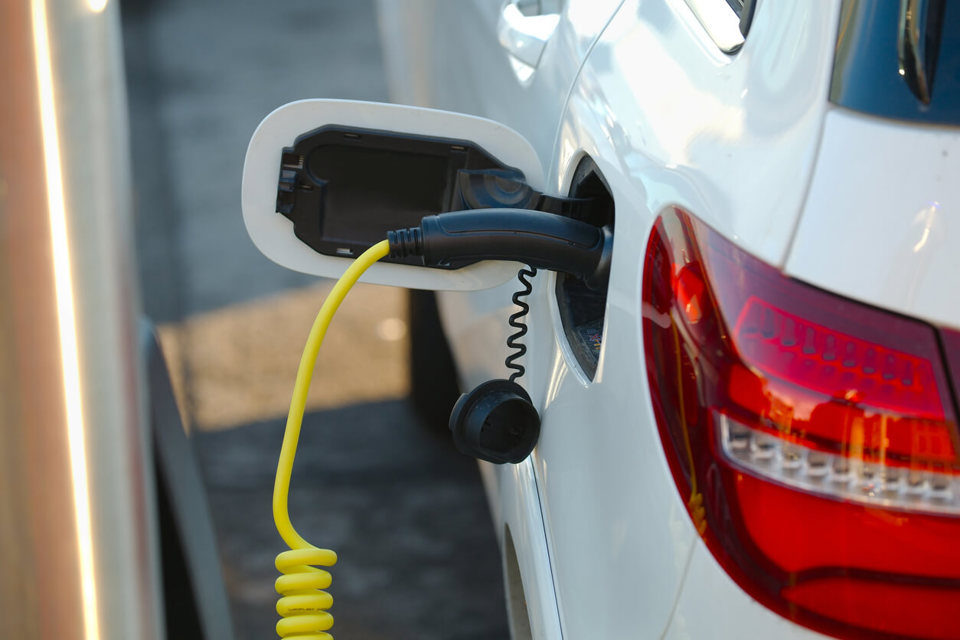The Tanfield Group, which manufacturers zero emission vehicles through its Smith Electric Vehicles business and already supplies a number of fleets, is looking to raise cash to fund future developments.
Tanfield recently announced that, despite its focus on cash preservation, its net cash had fallen to £2.2 million at June 30 and that, as a priority, it was reviewing alternative ways to fund the continuing cash outflow until it could complete the consolidation of its electric vehicle businesses.
Tanfield has signed non-binding heads of terms with associate company Smith Electric Vehicles US Corp (SEV US).
The strategy centres on an agreement to consolidate the UK arm of Smith Electric Vehicles and SEV US. SEV US has indicated that it is exploring a possible public offering of its equity securities on the NASDAQ exchange. If the consolidation and is successful it will result in a cash boost for Tanfield
Meanwhile, in a city statement, Tanfield said that in view of the absence of available credit facilities, it was currently in negotiations to finalise a possible equity fundraising.
Such fundraising is expected to be structured on a pre-emptive basis as an open offer to all shareholders and partially underwritten by some directors.
However, the statement added: “There can be no assurance that the equity fundraising will proceed or that the discussions with SEV US, which remain subject to financing, will lead to a successful outcome. In the absence of such fundraising, or if the expected consolidation of the electric vehicle business failed to complete the company would have to review its financial position and alternative sources of funding.”
Last month Tanfield announced turnover of £28.1 million for the first six months of the year (2009: £29.9m) with operating losses reduced to £9.8m (2009: £11.0m).
The electric vehicle division contributed sales of £8.4m for the period under review.
In addition to electric vehicles the company also manufactures aerial lifts. In issuing its interim results,
Tanfield said: “Demand for electric commercial vehicles continued to rise steadily during the period, with new markets outside of the UK accounting for a significant proportion of order intake. However, the ongoing global downturn in the construction sector, exacerbated by the continued absence of credit, denied the powered access division any opportunity for recovery.”
















Login to comment
Comments
No comments have been made yet.